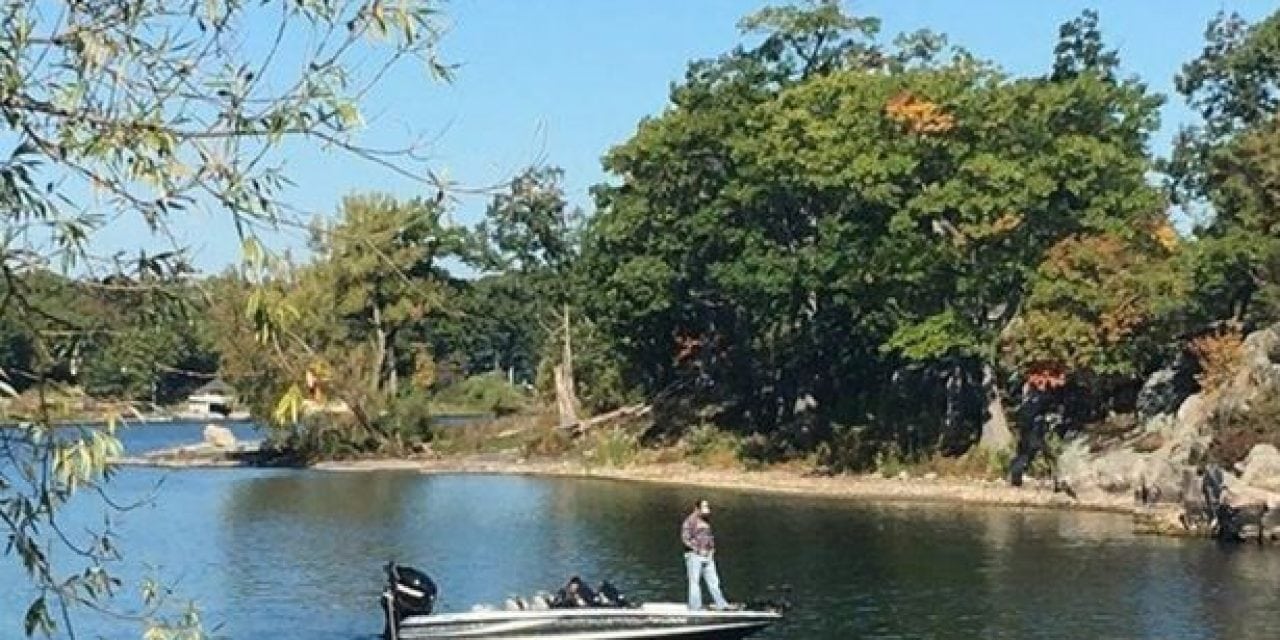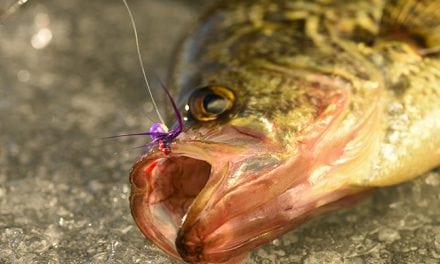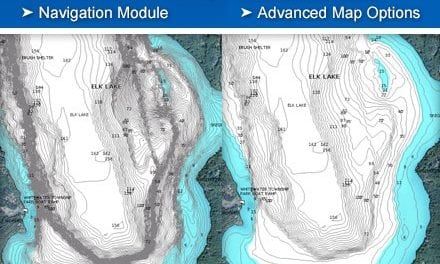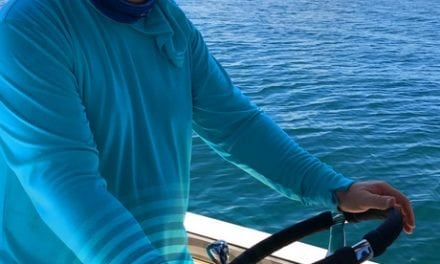A new Canadian law that will affect the rights and actions required of American boaters and anglers who cross over to the Canadian side of the St. Lawrence River, Lake Ontario, the Niagara River – or any other border water of the two countries, for that matter – was signed into law Monday night.
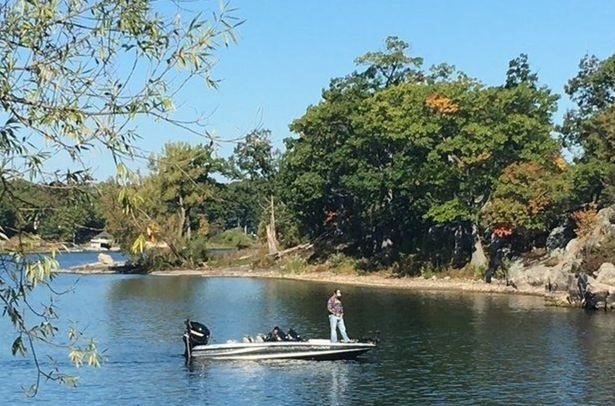
“It’s now law. It was signed by Gov. General David Johnston. It was a ceremonial thing,” said Barry Raison, a spokesman for Canadian Sen. Bob Runciman who drafted the bill. House of Commons member Gordon Brown authored the House’s version.
Under the new law, American boaters who do not anchor their boat or step foot on Canadian soil will not have to report to Canadian Customs.
In addition, the measure will also exempt Canadian boaters from being required to report to their customs officials when they return to Canadian waters, as long as they met the same requirements while they traveled in U.S. waters.
The need for the legislation has its roots in a 2011 incident involving Roy Andersen, a then-22-year-old, Baldwinsville resident who spent his summers in Thousand Island Park. He was out fishing in the Gananoque Narrows on the Canadian side with a friend when two Canadian Border Services agents bordered Andersen’s boat and seized it.
The agents told Andersen that he and his buddy had not reported to a Canadian port of entry upon entering Canadian waters. Andersen and his buddy both had Canadian fishing licenses and their boat met all the safety requirements. All that didn’t matter.
Canadian officials told the boater he would need to immediately pay a $1,000 fine or face being handcuffed, having his boat towed to Canada and pay $25,000 in penalties.
While the fine was eventually reduced to $1 after lawmakers got involved, the incident has kept many American boaters and anglers from venturing into Canadian waters.
Prior to the Andersen incident, in most cases fishermen and recreational boaters who were just passing through and didn’t anchor or set foot on the Canadian side (either on the shoreline or on a Canadian island) weren’t required to call Canadian customs.
A passport was required by Canadian law, but rarely asked for.
Following the Anderson incident, Canadian officials began enforcing a strict policy of what was required Americans crossing on to the Canadian side of border waters. were required to put call in to Canadian customs (1-888-Can pass).
To cross over the Canadian side, recreational boaters and anglers were required to report information from (and have in their possession) certain documents. Anglers and recreational boaters alike were required to have in their possession a passport, birth certificate or enhanced driver’s license. If they had a DWI, drug charge or any firearms charges on their criminal record, they are not allowed to enter Canadian waters.
“This legislation will end the confusion and ensure that Canada treats U.S. boaters the same way the Americans treat Canadian boaters,” Brown said.
The bill provides Canada Border Services Agency officers with the discretionary power to compel boaters to report in order to protect border security.
“The practical effect is that you aren’t required to report when you enter or re-enter Canadian waters, unless an officer asks you to,” Runciman said. “This is a much more sensible approach to border enforcement.”
By David Figura, http://www.newyorkupstate.com/outdoors/
The post NY Fishing News: Less worries for U.S. boaters, anglers crossing to Canadian side appeared first on ODU Magazine-North America's #1 Digital Fishing Magazine.

